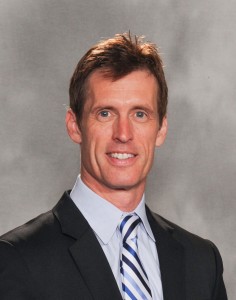KK: Can you describe how hard it was and what the process was for you to develop the survey or the burnout inventory?
Explore This Issue
ACEP Now: Vol 37 – No 09 – September 2018CM: The problem is that you have to develop a measurement that has evidence proving it is clearly measuring what it is that you say it’s measuring.
It looks straightforward. People say, “Oh, it’s easy. I’ll just write a few questions of my own.” Well, you have no idea if those questions are working correctly or not. There’s something called face validity, which makes it sound right, but you need to gather other data to really test out which items, questions that you’re using, and formats are really working well to measure what you say is being measured. Psychometric research took years and years of work by me, Susan Jackson, other students, and other colleagues because we had to gather data on so many people in so many different ways to be able to triangulate on, proving that this was the thing that people were talking about [burnout].
I was fortunate because the professor in psychology who was one of the leading people in assessing psychological constructs was a member of my department, Harrison Golf. He really became my mentor, and made clear to me what it was that I had to do. It was really on-the-job training to do this. It took a long time, but it turned out well, in the sense of meeting all the criteria that you need for such a measure. Even though that was more than 40 years ago, it’s still stood the test of time, and other measures that get developed are always comparing themselves to this standard. It surprises me a bit because I would have thought that people would have updated things or maybe come up with better options or done other sorts of things. I think all the work that we put in at that time has contributed to that.
KK: Did you have any idea that what you were developing would have the impact that it has today?
CM: No, not at all. I have to say, way back then, it wasn’t only the editors of journals who would turn my articles away and not even read them because they said, “We don’t publish pop psychology.” It took a long time to get people to believe there was something there.
KK: Did you ever get discouraged?
Pages: 1 2 3 4 | Single Page





No Responses to “Dr. Christina Maslach Discusses the Roots of Burnout”